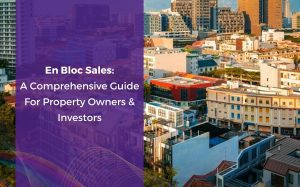
Singapore’s New Buyer’s Stamp Duty Rates: What You Need to Know
To increase the progressivity of the Buyer 8217 s Stamp
Consult With a Lawyer
Transfer Ownership
Claim ABSD Refund (if applicable)
Plan For Future
Purchases
In Singapore, a power of attorney is a legally binding document that allows an individual, referred to as the “donor” or “principal,” to delegate the authority to act on their behalf to another person, known as the “donee” or “attorney.” A POA can be drafted for a specific purpose, or it can be more general in nature.
Most commonly used POA is the one for HDB flat and property transactions, which allows an agent to buy, sell, lease or sign agreements related to the property on behalf of the donor who is unable to be present or needs assistance. In addition, a POA can also serve the purpose of a Lasting Power of Attorney (LPA), enabling the agent to act on the principal’s behalf in the case of mental incapacity.
Legal guidance & Advice: Provide guidance on the legal process of decoupling, explaining the different types of co-owning a real estate property in Singapore, and the costs and risks associated with it.
Draft legal documents: Help draft legal documents such as Sale and Purchase agreements, Tenancy-in-Common agreements, and Joint Tenancy agreements that are required for the transfer of property ownership.
Ensure compliance with regulations: Ensure that the decoupling process is in compliance with regulations and legal requirements, such as the Additional Buyers' Stamp Duty (ABSD) rules, which vary depending on the property type, and financing arrangements.
Assist in dispute resolution: Assist in dispute resolution if any issues arise during the decoupling process. This can include disputes over the value of the property, outstanding debts, and other legal issues.
Offer post-decoupling services: Offer post-decoupling services, such as updating property ownership records, handling tax filings, and dealing with any legal issues that may arise after the decoupling process is complete.
Property Succession Planning: Help with property succession planning, which is important especially if the owners choose to hold their property in grossly unequal shares or even in equal shares.

To increase the progressivity of the Buyer 8217 s Stamp

Aligning with the objectives of Property Cooling Measures introduced by

Selling your residential property is one of the most significant